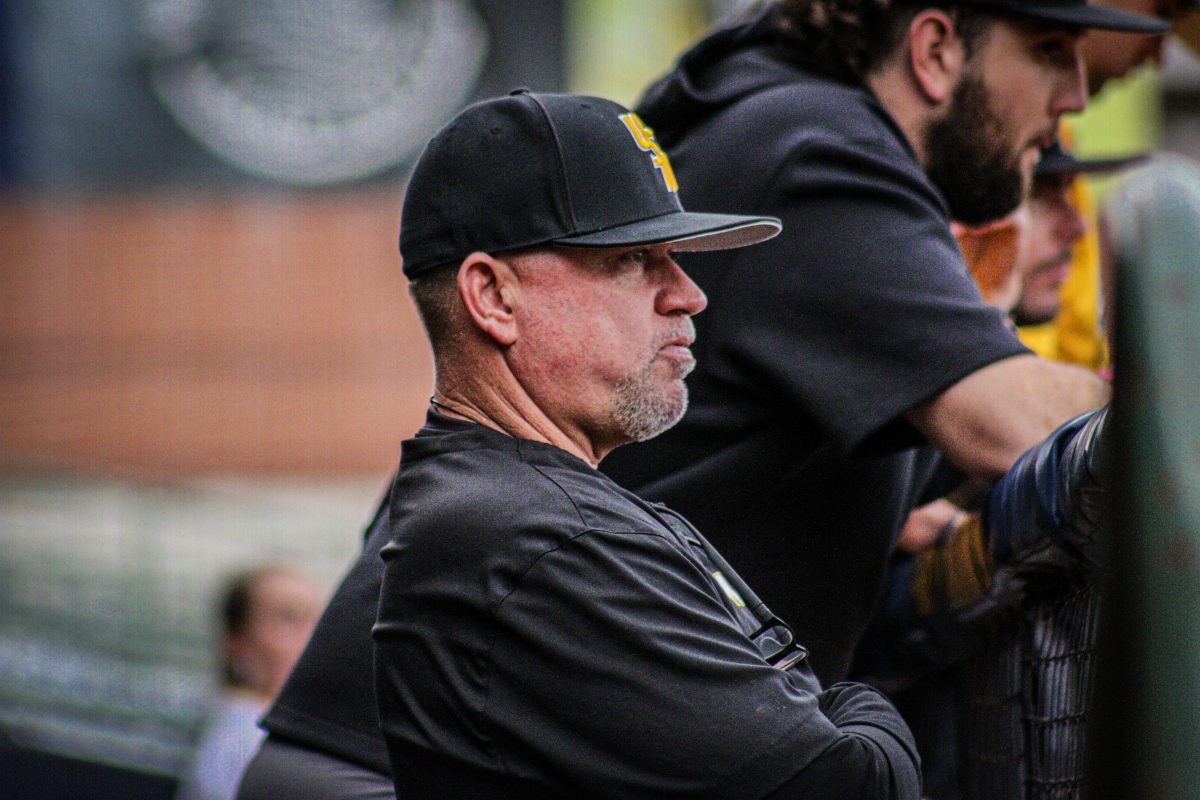During an informal Q&A session on Sept. 15, Facebook CEO Mark Zuckerberg announced that his company had been working on a soon-to- be-released “dislike” button.
The revelation ignited a firestorm of backlash among the social network’s many users, some of whom were particularly annoyed by Zuckerberg’s previous statements that such a thing would never be possible.
“Some people have asked for a dislike button because they want to be able to say ‘that thing isn’t good,’ and we’re not going to do that,” Zuckerberg said last December. “I don’t think that’s socially very valuable or great for the community.”
At the time, Zuckerberg and many others believed incorporating a dislike button could only serve to increase bullying and would have few, if any, positive effects. But in a company that boasts roughly 968 million daily active users, changing opinions are inevitable.
According to Business Insider, Zuckerberg now realizes people aren’t just looking to “downvote” one another.
“What they really want is the ability to express empathy. Not every moment is a good moment,” he said during the session, citing news about the recent refugee crisis in Europe and posts about people who have died as examples of things that some users might be uncomfortable “liking.”
Though most people refer to the new feature as a “dislike” button, expressing disdain for posts isn’t its intended purpose, and it is still unclear exactly what form it will take. Furthermore, there has been no word on exactly when it will become available.
“It’s surprisingly complicated to make an interaction that will be simple,” Zuckerberg said.
If the feature does end up being merely a way to express empathy, it could prove to be quite useful. After all, who hasn’t felt awkward “liking” a status about a loved one’s death? Having a middle ground allows more flexibility, clarity and efficiency in communication. It is much easier to click a button to share our condolences than to think out a well-written comment on how sorry we are for our friends’ losses. In today’s turbo-charged society, ease of use is a greater force than empathy.
Then again, increased efficiency in digital communication could have dire repercussions on the very nature of human interaction itself. The “dislike” button might just be another way to avoid face-to-face interaction, just one more button in a string of new methods to become increasingly detached from friends while maintaining the illusion that we are always and constantly connected.


